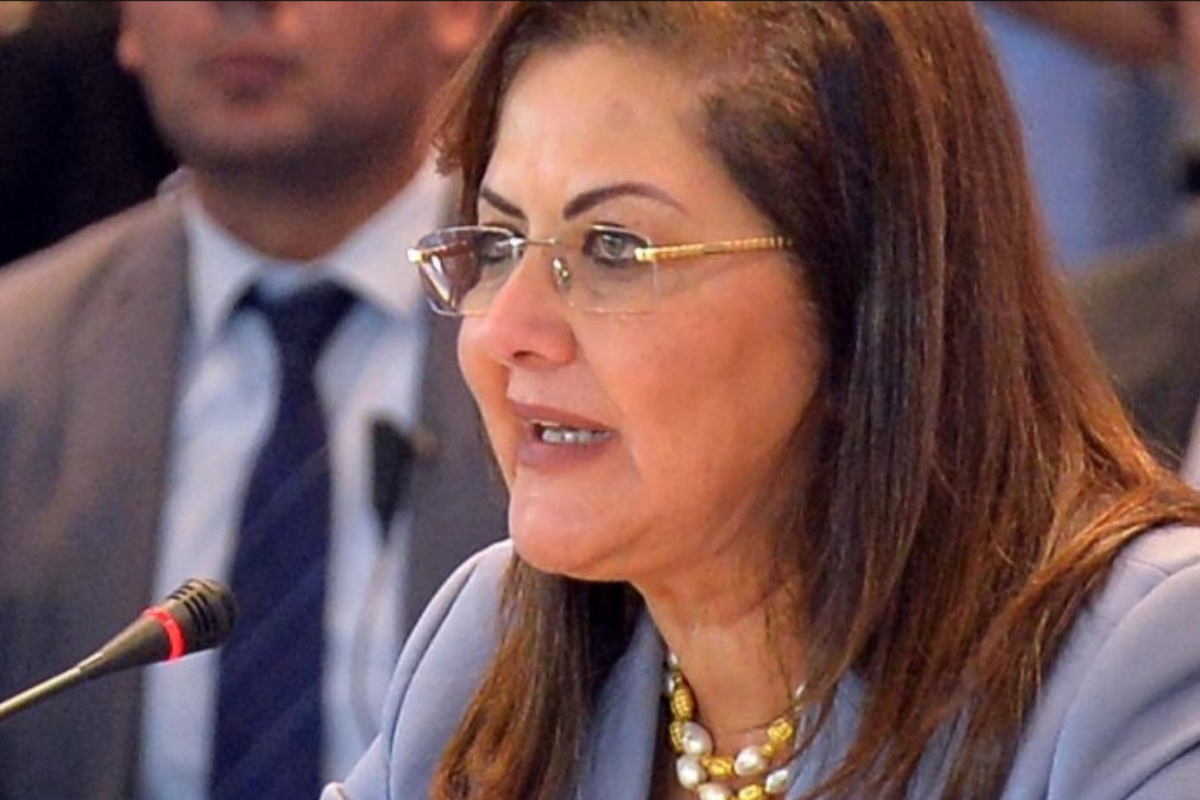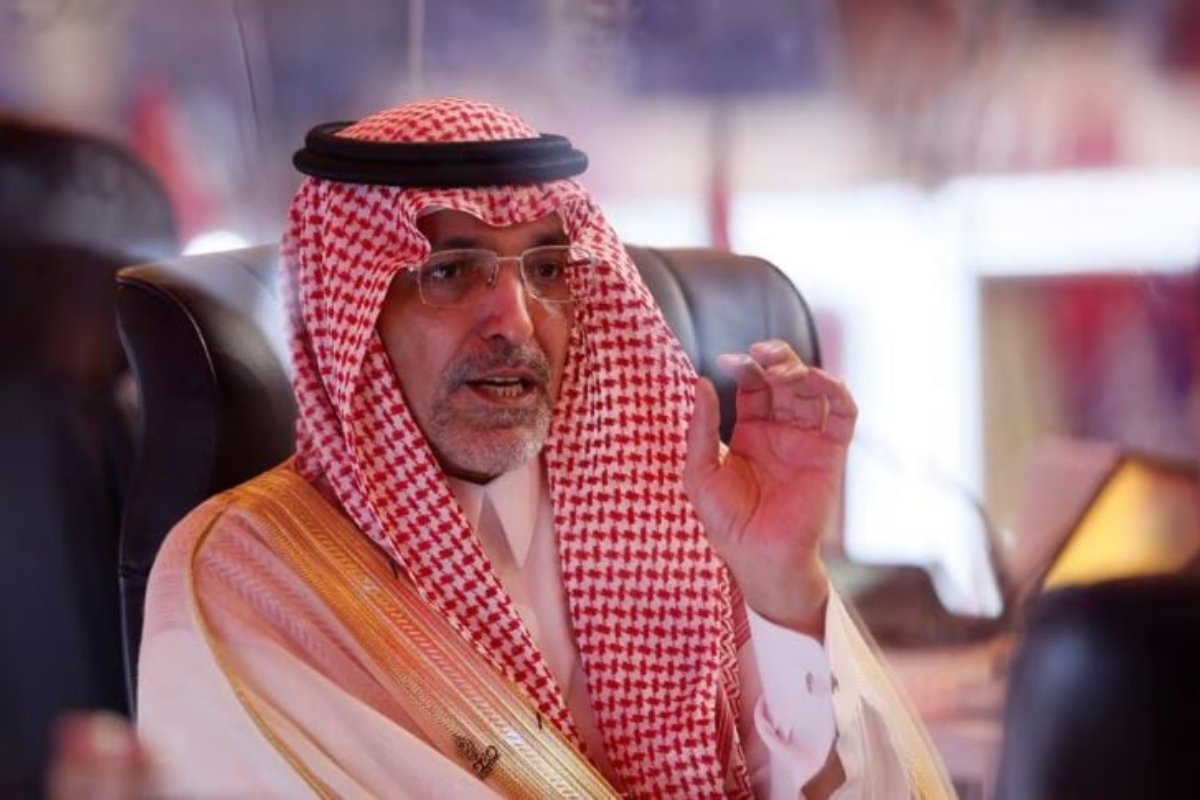- The country is seeing strong investor interest in stakes due to the currency crisis.
- The Egyptian pound has lost nearly half its value.
- Inflation in Egypt accelerated to 21.3% in December.
Egypt‘s planning minister said on Wednesday that the country is seeing strong investor interest in stakes in its state-owned enterprises, as the government pursues partial privatizations to raise funds following a sharp drop in the value of its currency.
Faced with a currency crisis exacerbated by the war in Ukraine, Egypt recently launched a $3 billion IMF program aimed at reducing the state’s economic footprint, liberalizing the exchange rate, and rationalizing spending.
It includes a target of raising $2-2.5 billion from sales prior to any initial public offerings on the stock market by mid-year, which Planning Minister Hala al-Said told Reuters Egypt was on track to meet.
“There is a lot of appetite for the Egyptian economy. I think definitely the stock market is at its best now,” she said on the sidelines of the World Economic Forum in Davos.
Sectors under consideration include industry, agriculture, and telecoms, she said, without giving any details of any particular companies or deals.
“We have great demand from different investors, high net worth individuals, sovereign funds,” she said.
After being allowed to devalue in spurts since March 2021, the Egyptian pound has lost nearly half its value, and inflation accelerated to 21.3% in December, the highest in five years.
Following last week’s sharp depreciation, Egypt’s central bank announced on Monday that foreign investors had transferred more than $925 million into the Egyptian foreign exchange market.
According to el-Said, Egypt’s currency is experiencing a temporary problem as a result of “multiple shocks” occurring around the world.
[embedpost slug=”/davos-2023-saudi-arabia-to-modifies-its-no-strings-assistance/”]


